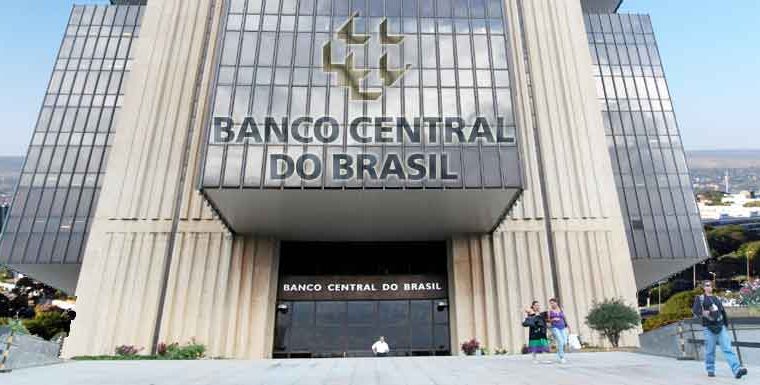In its 225th meeting, the Copom unanimously decided to lower the Selic rate to 5.50% p.a.
The following observations provide an update of the Copom’s baseline scenario:
Data on economic activity since the previous Copom meeting suggest resumption of the process of economic recovery. Copom’s baseline scenario assumes that this recovery will occur at a gradual pace;
Regarding the global outlook, the provision of additional monetary stimulus in major economies, in a context of economic slowdown and below-target inflation, has been able to generate a relatively favorable environment for emerging economies. The outlook remains uncertain, however, and risks of a more pronounced slowdown in global growth persist;
The Committee judges that various measures of underlying inflation are running at comfortable levels. This includes the components that are most sensitive to the business cycle and monetary policy;
Inflation expectations for 2019, 2020, 2021, and 2022 collected by the Focus survey are around 3.5%, 3.8%, 3.75%, and 3.5%, respectively; and
The Copom’s inflation projections in the scenario with interest rate and exchange rate paths extracted from the Focus survey stand around 3.3% for 2019 and 3.6% for 2020. This scenario assumes a path for the Selic rate that ends 2019 at 5.00% p.a. and remains at that level until the end of 2020. It also assumes a path for the exchange rate that ends 2019 at R$/US$ 3.90, and remains at that level until the end of 2020. In the scenario with a constant interest rate, at 6.00% p.a., and a constant exchange rate, at R$/US$ 4.05*, the projections for 2019 and 2020 stand around 3.4% and 3.6%, respectively. The hybrid scenario with a constant exchange rate and the interest rate path from the Focus survey yields projections around 3.4% for 2019 and 3.8% for 2020.
The Committee emphasizes that risks around its baseline scenario remain in both directions. On the one hand, (i) the high level of economic slack may continue to produce lower-than-expected prospective inflation trajectory. On the other hand, (ii) a possible frustration regarding the continuation of reforms and the perseverance in the necessary adjustments in the Brazilian economy may affect risk premia and increase the path for inflation over the relevant horizon for the conduct of monetary policy. Risk (ii) intensifies in case (iii) the outlook for emerging economies deteriorates.
Taking into account the baseline scenario, the balance of risks, and the wide array of available information, the Copom unanimously decided to lower the Selic rate to 5.50% p.a. The Committee judges that this decision reflects its baseline scenario for prospective inflation and the associated balance of risks, and it is consistent with convergence of inflation to target over the relevant horizon for the conduct of monetary policy, which includes 2020.
The Copom reiterates that economic conditions prescribe stimulative monetary policy, i.e., interest rates below the structural level.
The Copom sees progress in the process of reforms and necessary adjustments in the Brazilian economy, but emphasizes that persevering in this process is essential for the reduction of its structural interest rate and for sustainable economic recovery. The Committee stresses that the perception of continuation of the reform agenda affects current expectations and macroeconomic projections. In particular, the Committee judges that concrete progress in this agenda is fundamental for the consolidation of the benign scenario for prospective inflation.
In the Copom’s assessment, the evolution of the baseline scenario and of the balance of risks prescribes adjusting the degree of monetary stimulus, lowering the Selic rate by 0.50 percentage point. The Committee deems that the consolidation of the benign scenario for prospective inflation should permit additional adjustment of the degree of stimulus. The Copom reiterates that communicating this assessment does not restrict its next decision, and emphasizes that the next steps in the conduct of monetary policy will continue to depend on the evolution of economic activity, the balance of risks, and on inflation projections and expectations.
The following members of the Committee voted for this decision: Roberto Oliveira Campos Neto (Governor), Bruno Serra Fernandes, Carlos Viana de Carvalho, Carolina de Assis Barros, Fernanda Feitosa Nechio, João Manoel Pinho de Mello, Maurício Costa de Moura, Otávio Ribeiro Damaso, and Paulo Sérgio Neves de Souza.
*Value obtained according to the usual procedure of rounding the average R$/US$ exchange rate observed on the five business days ending on the Friday prior to the Copom meeting.
Note: This press release represents the Copom’s best effort to provide an English version of its policy statement. In case of any inconsistency, the original version in Portuguese prevails.












